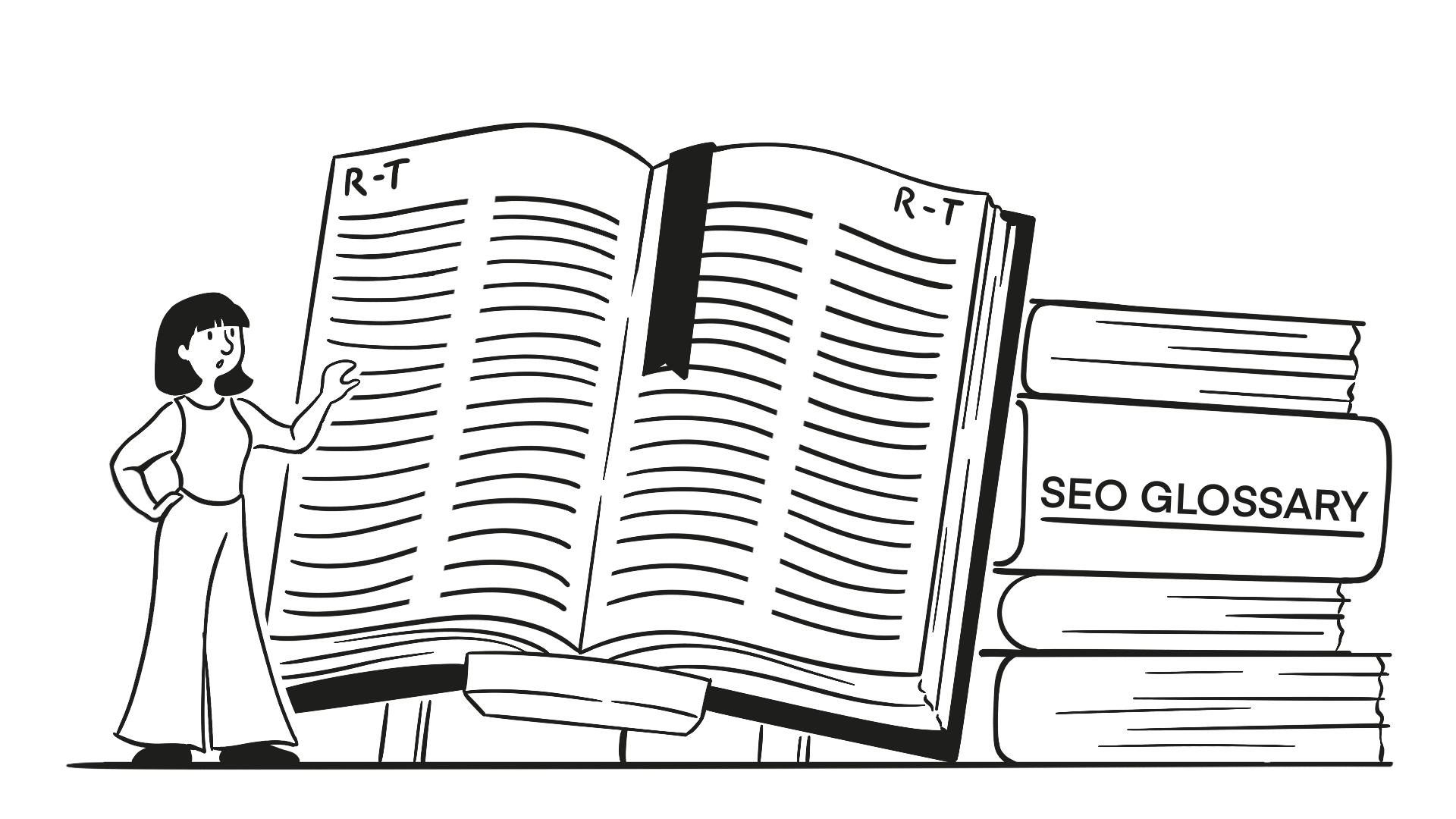We chat a lot of jargon around here, and we know it can get lost for some people; we don’t expect everyone to understand what we mean by UX or content cluster. So, to save you running to the search bar every time you stumble upon a word or phrase you are unsure of, we have gathered together some of our most used jargon and added brief explanations to what they mean, as well as more in-depth blogs about the subject for your viewing pleasure.
SEO Jargon
404 error –
No, you haven’t broken the internet; a 404 error is a response code displayed by a website or server when trying to load a website link that doesn’t exist.
Algorithm –
You probably hear people complain about how the algorithm of Instagram speaks as though it is of magical powers. Still, it is a computer program that determines how content is read and indexed.
Alt Text –
The Description of an image that is usually hidden from human users but is visible to search engines.
Authority –
The degree of trust accredited to a particular website and a measure of the quality of its content.
Backlinks –
Any link to your website from another website.
Black Hat –
SEO practices that go against Google’s guidelines, such as adding keywords in white text.
Bots –
The generic name of Google’s crawler. Bots crawl the web constantly.
Bounce Rate –
The number of visitors to a website without navigating to any other pages.
CMS –
A program that manages publishing, editing, and modifying content from a central interface, e.g. wordpress
Content –
The text, or copy, of a webpage.
Crawl –
The process of looking for new or updated web pages. Google discovers URLs by following links, reading sitemaps, and many other means. Google crawls the web, looks for new pages then indexes them.
Crawler –
Automated software that crawls (fetches) pages from the web and indexes them.
Index –
Google stores all web pages that it knows about in its index. The index entry for each page describes that page’s content and location URL. To index is when Google fetches a page, reads it and adds it to the index.
Keyword –
A word or phrase that people enter into search engines. SEO primarily revolves around keywords being integrated into the content so people who are most likely to search for you can reach your website.
Keyword Research –
Research that involves determining the best keywords for your SEO content.
Keyword Stuffing –
The practice of overusing keywords in your content. Stuffing is a common blackhat SEO technique.
Landing Page –
The page which people are directed to when they click a link.
Link –
An element on a webpage that allows you to click and be directed to a different URL/webpage.
Link Building –
Gathering/creating incoming links to a website to obtain a better ranking for a chosen keyword.
Long-Tail Keyword –
Longer, more specific, and niche search engine queries typically contain three or more keywords.
Meta tags –
The webpage has snippets of code in the header containing important information about the page, such as the Title and Description and accompanying search engine results.
Organic –
Refers to the methods used to obtain a high placement on a search engine results page in unpaid, algorithm-driven results on a given search engine.
SEO –
The process of making your site better for search engines.
SEM –
The practice of marketing a website using search engines by utilising SEO or Paid Ads.
Sitemap –
A webpage that presents every page accessible on a website for end-user navigational purposes to benefit web crawlers.
URL –
A complete webpage address.
White Hat –
SEO practices that meet Google’s standards.

